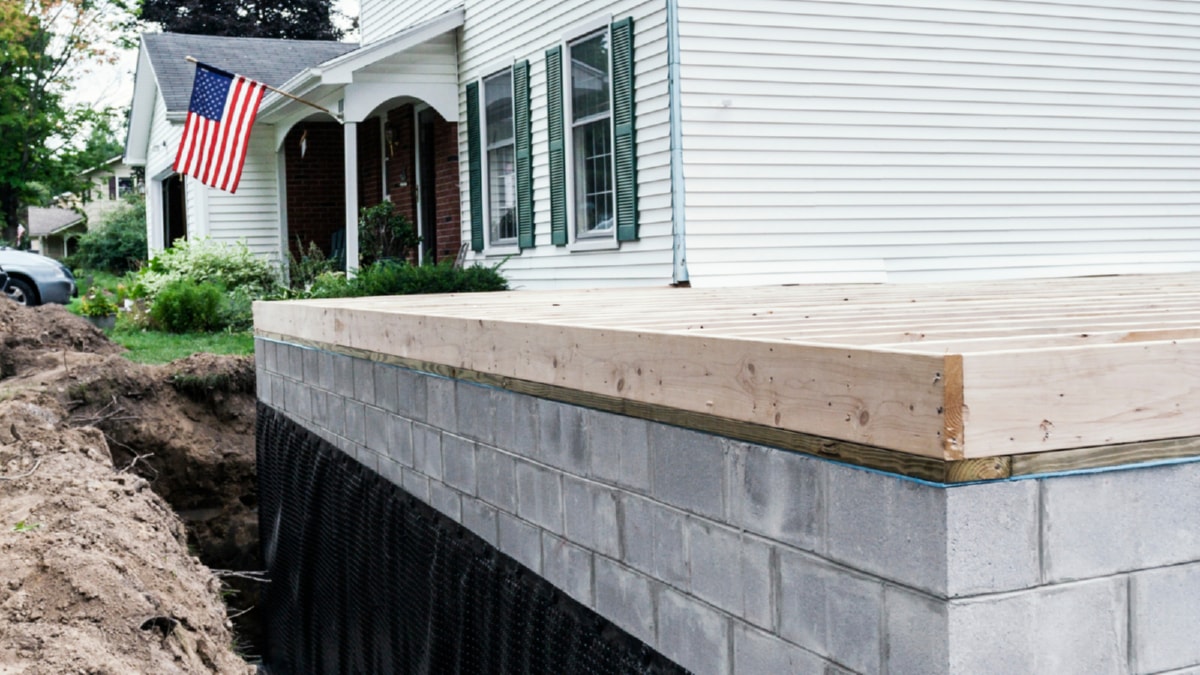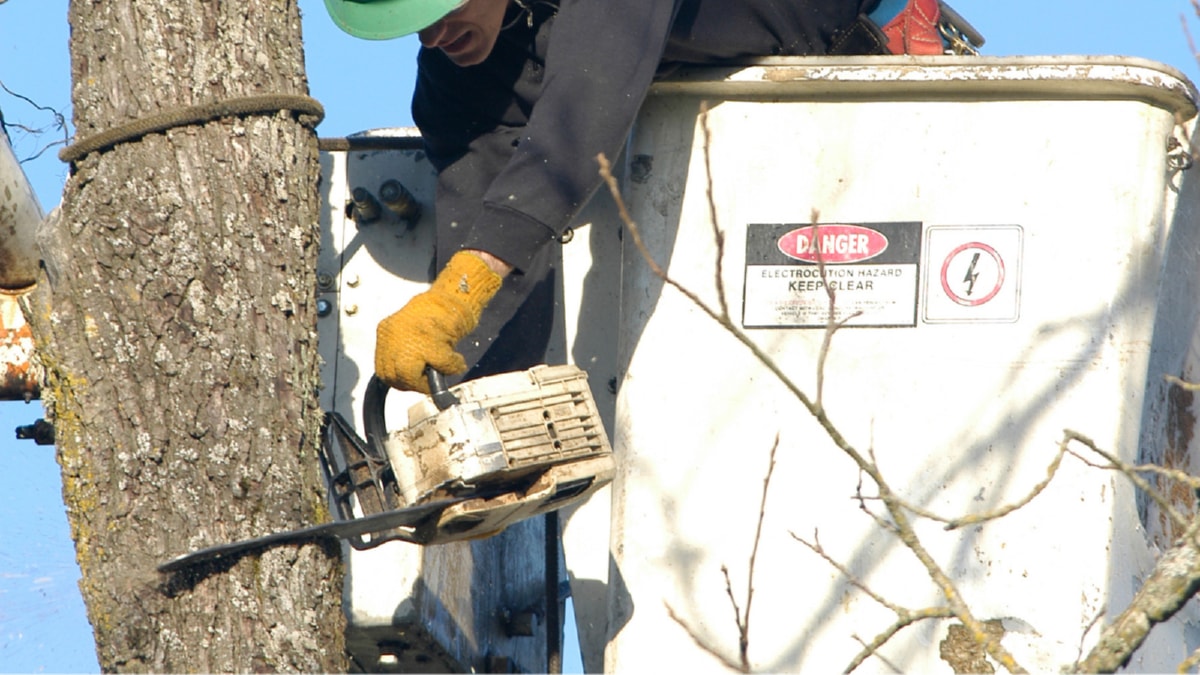Constructing a home is a complex process that requires a comprehensive understanding of construction, design, and engineering. This article explores the foundations of house construction and provides a comprehensive guide to constructing a house from scratch.
The first step in building a house is designing the building plan. Designing plays a critical role in building a house, as it determines the overall structure and aesthetic appeal of the house. A professional designer should be engaged in this process to ensure that the design meets the client’s needs and adheres to building codes.
After the design phase, the next step is the foundation laying of the foundation. The foundation is the bedrock of a house, providing stability and preventing sinking. The type of foundation chosen often depends on the building’s size, location, and the type of soil.
The third step is the skeleton construction. This involves erecting the structural framework of the house using wooden beams and posts. Framing provides support for the walls, roof, and floors of the house.
Next is the installation of the roofing system. The roof is a crucial aspect of a house, as it provides protection against weather elements. It can be made from various materials, including asphalt shingles, metal, or tiles.
After the roof, the next stage involves fitting doors and windows. These are essential for light, air, and security. Depending on the design, a house may have different types of windows and doors, such as sliding, casement, or sash windows and hinged, sliding, or revolving doors.
The final steps in house construction are interior finishing and landscaping. This includes installing the plumbing and electrical systems, painting, installing the floor, and setting up the bathroom and kitchen. Landscaping involves designing and creating the outdoor space to enhance the beauty of the house.
In conclusion, constructing a home involves a series of intricate steps, each with its own significance. It’s a process that requires expertise, planning, and careful execution.
The commercial construction industry is always evolving, and 2022 is no exception. The top five trends in commercial construction for the year include sustainable building practices, technology integration, prefabrication and modular construction, worker safety, and supply chain optimization. These trends are shaping the future of the industry, offering enhanced sustainability, cost-efficiency, and productivity.
For more details, check best Insulation Solutions in Wexford or visit their Insulation Services Wexford business listing here.




